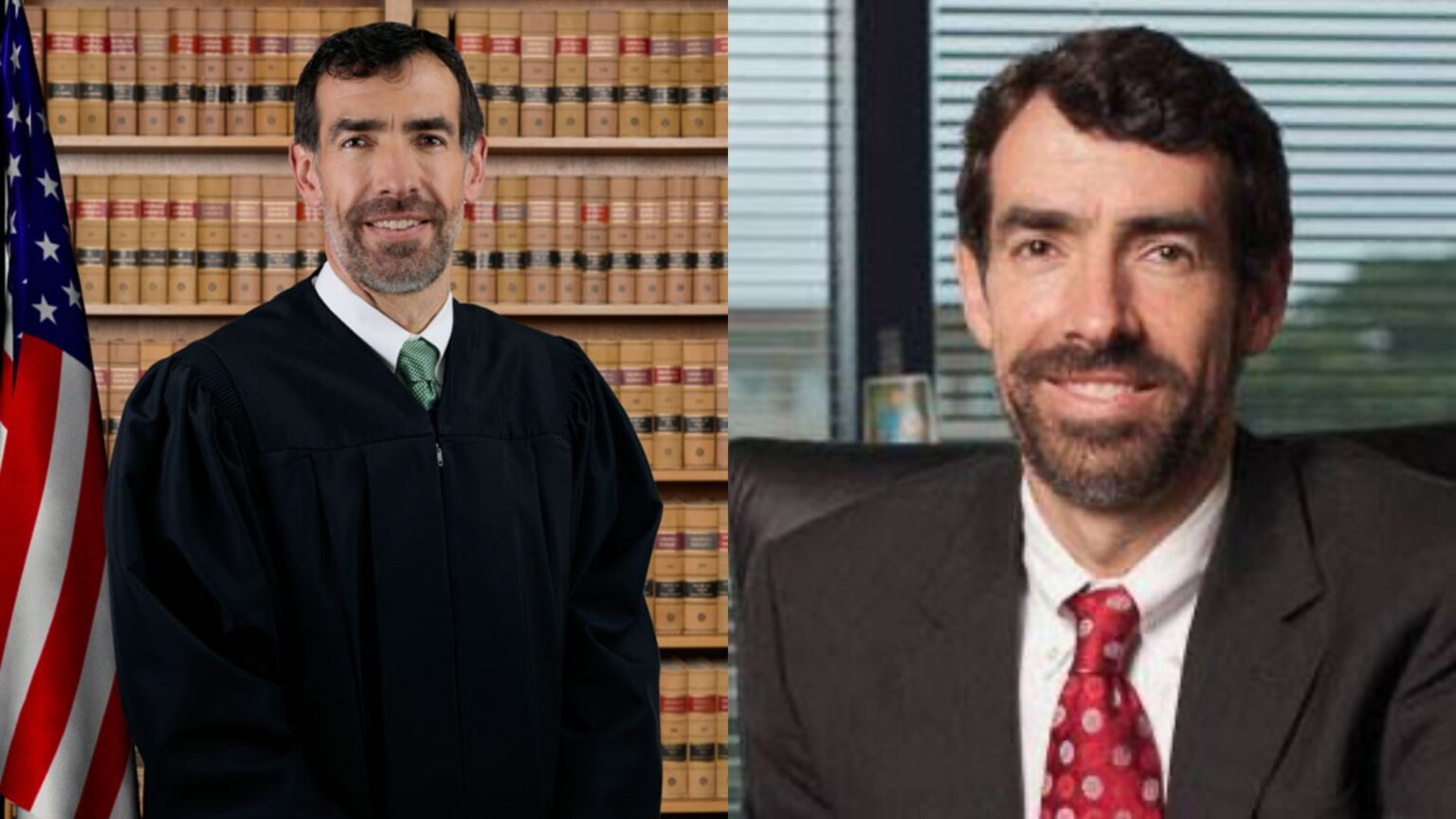In a concerning development regarding election integrity in Georgia, Fulton County Superior Court Judge Robert McBurney has temporarily blocked a new rule from the Georgia State Election Board that mandated hand-counting of ballots at precincts. This rule, adopted by a narrow 3-2 vote and set to be implemented on October 22, was intended to serve as a safeguard against discrepancies in ballot counts similar to those observed during the controversial 2020 elections. Many counties had recorded significant disparities between the number of ballots cast and the votes tallied by electronic machines, leading to fears that large numbers of Georgians could have unknowingly lost their votes due to these errors.
The push for this new rule was fueled by troubling findings during the November 16 hand recount after the 2020 elections, where certain counties uncovered thousands of unaccounted ballots. These discrepancies raised questions regarding the reliability of the election process, leading advocates for the rule to argue that hand-counting ballots would provide a necessary check on electronic counting methods. However, upon hearing objections, Judge McBurney cited potential chaos and disorder arising from the sudden implementation of the rule as his primary reason for blocking it. He emphasized that inadequate training, lack of protocols on write-in ballots, and unallocated funds for additional personnel would hinder its execution.
Critics of Judge McBurney’s ruling argue that blocking a measure aimed at ensuring transparency and accountability is counterproductive. They assert that the purported administrative chaos is overblown and that proper oversight of ballot counts should actually promote orderly and fair elections. Furthermore, opposing voices have pointed to the judge’s concerns as flimsy justifications that serve to benefit those hesitant about scrutiny in electoral processes. McBurney acknowledged the need for thorough training and preparation but suggested that the timing of the rule’s implementation left poll workers and local election boards ill-equipped to manage such responsibilities effectively in an upcoming election season.
Moreover, fear of added uncertainties surrounding the electoral process resurfaced in Judge McBurney’s rationale, where he referenced the public’s unease stemming from events like the January 6 Capitol riots. While recognizing that the hand-counting rule theoretically aligns with the State Election Board’s mandate to ensure fair elections, he emphasized that rushed implementation could lead to worse outcomes, thereby justifying a pause on the rule. Detractors of the ruling, however, highlighted the importance of establishing public confidence through visible measures that demonstrate the integrity of the counting process.
Secretary of State Brad Raffensperger mirrored these administrative concerns, warning that the hand-count requirement could lead to delays in reporting results and may unintentionally propagate misinformation. Critics responded by arguing that inaccuracies in counts are what truly foster misinformation, therefore making the need for accurate and transparent counting paramount to restoring public trust. Republican board member Janelle King expressed disappointment at the ruling, noting that the visibility of the State Election Board’s attention to the election process was crucial for public confidence and the perception of integrity in the electoral system.
In another controversial ruling, Judge McBurney ordered that county election officials must certify vote counts regardless of suspicions of fraud or errors, stating that any disputes should be resolved through the courts. He emphasized that allowing officials to unilaterally challenge and refuse to certify election results could silence voters and disrupt democratic processes. Critics lamented the overall judicial approach in the state, which they perceive as prioritizing bureaucratic concerns over election integrity, creating a complex landscape for future electoral accountability in Georgia. Overall, the situation continues to foster significant debate on how best to ensure transparent, accurate, and publicly trusted elections.

